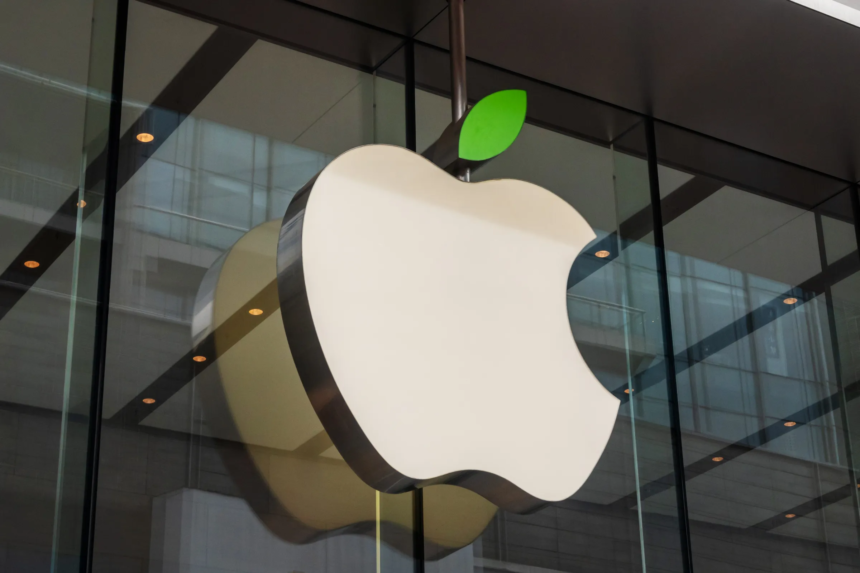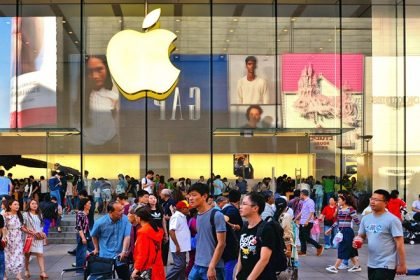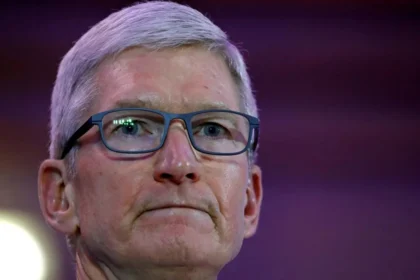As the world marvels at the latest iPhone, the stark reality for many children in the Democratic Republic of Congo (DRC) tells a different story. These children work in perilous conditions in mines extracting minerals—tin, tantalum, and tungsten—that are essential for powering modern devices. The DRC’s vast mineral resources have unfortunately led to widespread, unregulated small-scale mining, often resulting in severe repercussions for local communities.
Increasing Advocacy for Ethical Mining
In recent years, activists have intensified their efforts to hold companies accountable for unethical mining practices in the DRC. Earlier this year, the human rights organization International Advocates filed a lawsuit against tech giants Apple, Google, and Dell, accusing them of profiting from child labor within their supply chains.
Now, the Congolese government is taking further action by filing criminal complaints against Apple, alleging its complicity in the exploitation of child labor and the use of conflict minerals.
Legal Complaints Against Apple
The DRC has lodged criminal complaints against Apple and its subsidiaries in France and Belgium, accusing the company of using conflict minerals in its supply chain. The legal actions, filed on Monday, allege that Apple’s French and Belgian branches are involved in covering up war crimes, money laundering, handling stolen goods, and misleading consumers about the ethical sourcing of its products.
The Human Cost of Mining
Mines in the DRC are often controlled by armed groups that perpetuate a cycle of child labor. According to estimates, around 40,000 children are currently working in these mines. Purchasing minerals from these sources not only contributes to the exploitation of these children but also funds ongoing conflicts against the Congolese government. A March 2024 UN report highlighted that the number of internally displaced persons in the DRC had surged to 7.2 million, with over 80% of displacements attributed to armed conflict linked to illegal mining.
Apple’s Position and Challenges
Apple claims a commitment to ethical sourcing, citing its annual conflict minerals report and supplier audits. However, the recent legal complaints challenge this stance, alleging that Apple benefits from minerals obtained through illegal mining operations in the DRC. The Congolese legal team argues that Apple launders these minerals through complex global supply chains, implicating the tech giant in human rights violations.
Legal and Ethical Implications
Under international law, companies like Apple are required to conduct thorough due diligence to ensure their supply chains are free from conflict minerals and human rights abuses. To address these allegations, Apple must demonstrate the provenance of its minerals, proving that it does not source from illegally extracted materials in the DRC.
Conclusion
The legal actions against Apple underscore the urgent need for accountability in the tech industry regarding ethical sourcing and human rights. As the DRC seeks justice for the exploitation of its children and communities, the outcome of these complaints may have far-reaching implications for Apple’s supply chain practices and its corporate responsibility commitments. The situation serves as a critical reminder of the human cost behind the technology we often take for granted.





